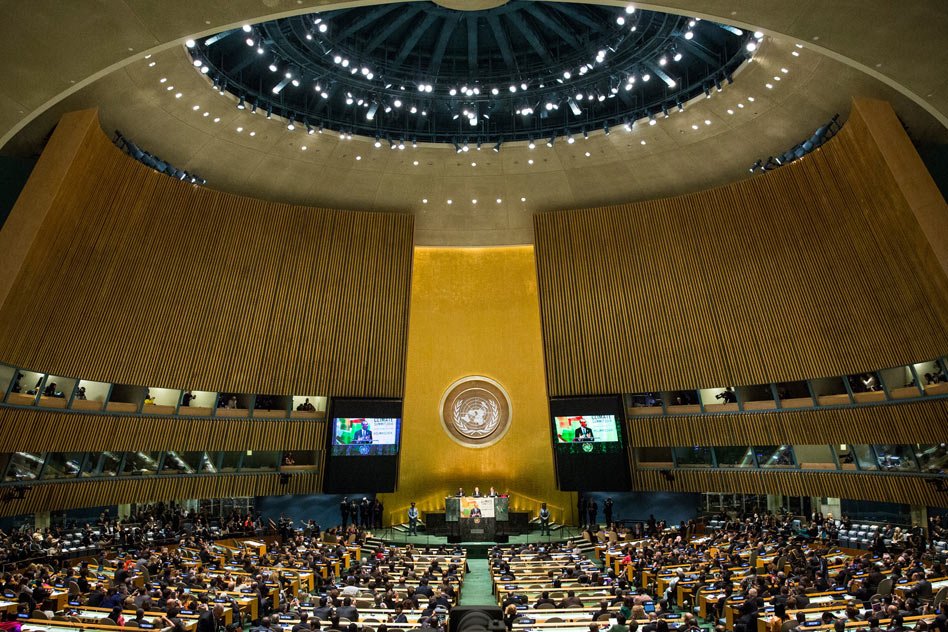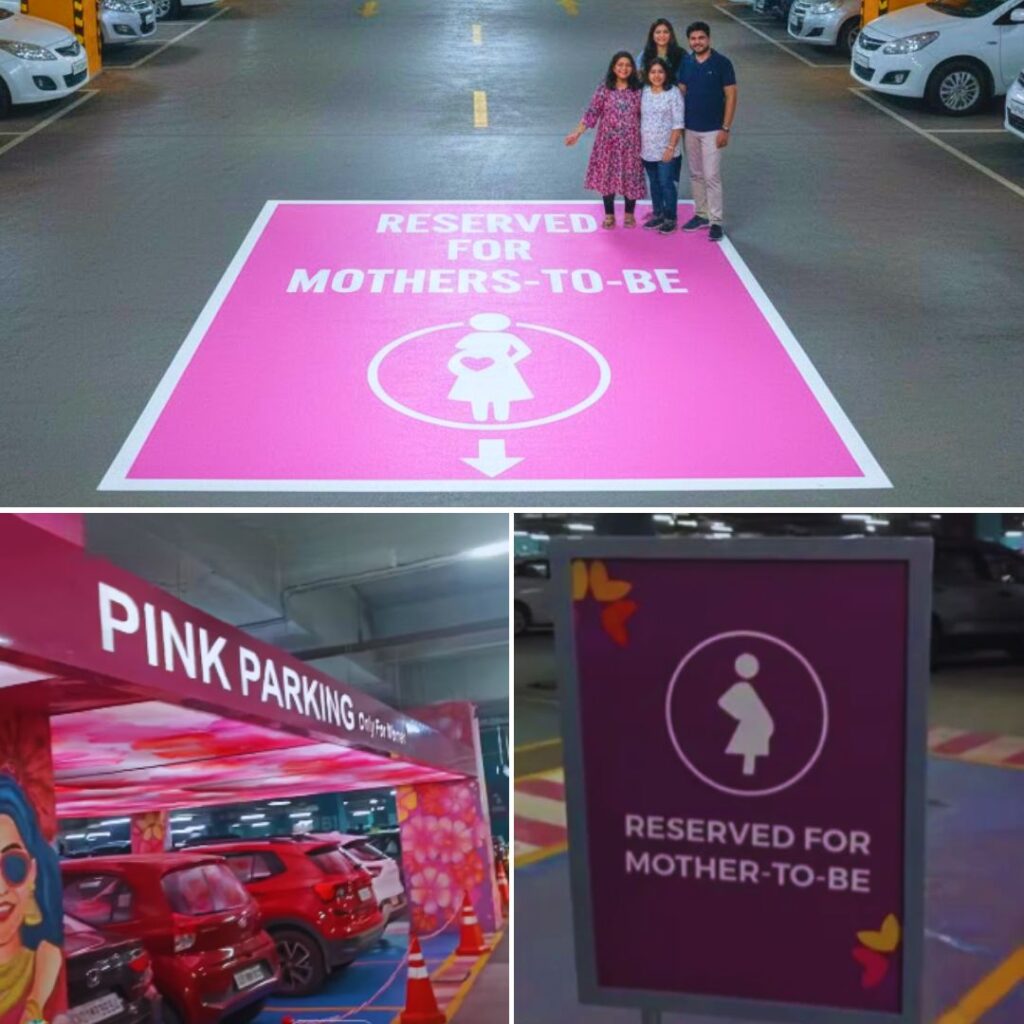Image Source: Novice24
“Today we are close to the final outcome. It is my deep conviction that we have come up with an ambitious and balanced agreement. Today it is a moment of truth.”
– French foreign minister Laurent Fabius.
While we were busy talking about Aamir and Salman, diplomats from 185 nations were busy negotiating a historic climate deal. The United Nations Climate Change Conference began on 30 November in Paris. The stakes were high – the scientific community had warned that we were almost too late to reverse the tide of permanent climate change, and that a legally binding agreement was the need of the hour. Our generation’s survival, future generations’ existence and the legacies of every world leader were on the line.
The talks were scheduled to end on 11 December but when the day came, countries were still sparring over clauses and it seemed as if this Climate Conference too would end in futility. But a last-minute desperate pitch by the host nation France to extend the Conference by a day proved to be the deal-maker. In one final push, the world came together with an ambitious – and, yes, unprecedented – climate deal which will be our best chance to fight global warming.
The official document of the UN Climate Deal was released in the evening of 12 December. The Logical Indian will inform you about the details of the deal – and specifically its implications on India’s economy – in due time. However, before reading literature on the topic, many of us will benefit if we learn the many terms associated with the Paris Conference:
COP21: COP stands for the Conference of Parties. This refers to the countries which have signed the 1992 United Nations Framework Convention on Climate Change (UNFCCC). The leaders of these countries meet annually to discuss ways to combat climate change. Because the Paris Conference was the 21st such meeting, it was nicknamed as COP21.
CBDR: This was the major hurdle that negotiators had to overcome in this year’s Conference. CBDR stands for ‘Common But Differentiated Responsibilities’. This is a principle preserved in the UNFCCC that recognizes that different countries have different obligations to combat climate change. This means that richer countries like the US have to cut down emissions to a greater extent than developing countries like India – due to obvious reasons. Richer countries wanted to do away with this principle before the start of the Paris Conference, and it has been the core factor which rendered the previous Conferences as failures.
Pre-2020 Ambition: Most actions taken by individual countries in accordance with the Paris Agreement won’t actually take effect until 2020. But the years 2016 – 2020 will be crucial to ensure the safety of our planet. As such, nations need to be committed to the clauses of the Agreement from today itself and not wait until 2020.
ADP: This stands for the Ad Hoc Working Group on the Durban Platform for Enhanced Action. It was a subsidiary body formed in Durban in 2011 (COP17). Its mandate was to develop a protocol and a global legal instrument which would be agreeable to all countries so that the same could be signed in 2015. The ADP was formed with focus on clinching an agreement during COP21.
The climate deal that is the consequence of two weeks of hectic negotiations and backchannel interventions will be the framework that countries have to implement by 2020 and follow stringently thereafter. The deal seemed doomed on 11 December with China almost backing out. But a phone call between Barack Obama and Xi Jinping, the Conference’s extension by the French President and appeals by the UN Secretary-General managed to cement the deal.
“History is calling,” the UN Secretary-General Ban Ki-moon had said to leaders in Paris on 1 December. He reminded them of the abject lack of time we were facing and the abundant responsibility they were carrying. It seems that we have beat the historical odds and are now better equipped than ever before to face the challenges of the future. Climate change is probably the biggest global problem of our time. Implementing the Paris Agreement will be the first concrete step in reversing the drastic consequences of climate change which have endangered our very existence.










